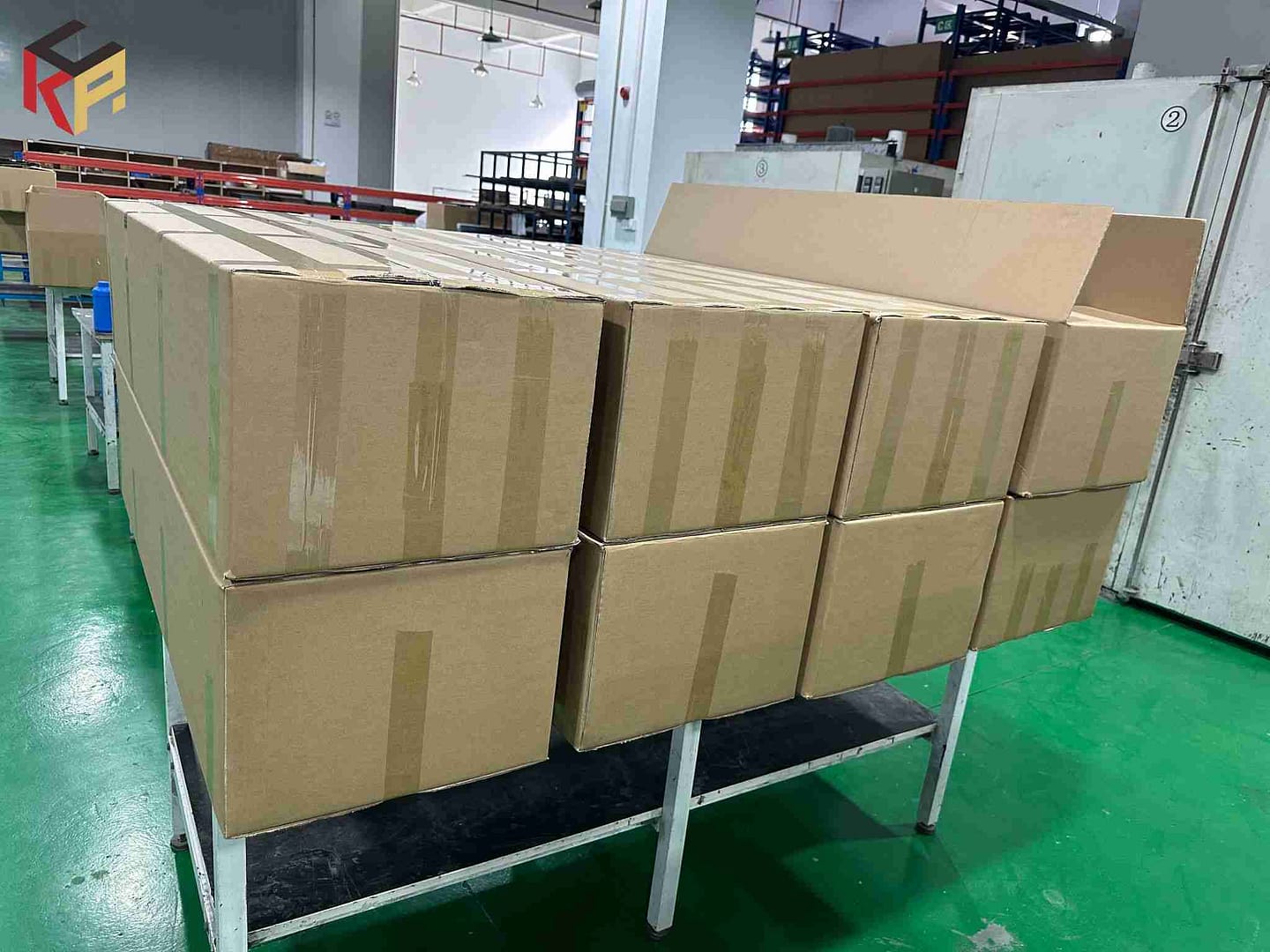
Light carbon fiber tubing offers exceptional load-bearing capacity per unit mass, perfect for applications needing toughness and lower weight
These tubes are fabricated from a composite of high-strength carbon fibers embedded in a polymer resin matrix
Carefully arranged carbon filaments contribute outstanding tensile performance and stiffness, with the light resin minimizing mass
Together these properties give designers the freedom to produce structures that are both tough and lightweight
The deployment of carbon fiber tubes ranges from aircraft and automobiles to sporting goods and medical apparatus
For aircraft construction, carbon fiber tubing reduces structural mass in fuselages and wings, boosting fuel economy and capabilities
Similarly, automotive applications employ carbon fiber tubing in suspension and chassis components to boost handling and reduce mass
Square carbon fiber tubing delivering engineered dimensional accuracy and structural resilience
In engineering fields that require minimal weight and maximum structural performance, square carbon fiber tubes excel
The precision manufacturing yields components with excellent mechanical behavior and adaptable design potential for many uses
Using precision fiber layup and resin consolidation, square carbon fiber tubes provide robust resistance to compression and tension
The innate rigidity of square carbon fiber tubes makes them suited to roles demanding reliable structural integrity
Whether in aircraft assemblies, vehicle frames or professional sporting gear, square carbon fiber tubes sustain reliable performance in demanding contexts
Besides strength benefits, the reduced weight helps increase fuel efficiency and overall system performance
- Likewise, dimensional accuracy promotes easy assembly incorporation and curtails the need for costly adjustments
- Therefore, these square tubes are now core materials in sectors aiming for innovation, efficiency and superior performance
Bespoke rectangular carbon fiber tubes engineered for peak functional efficiency
Thanks to its superior strength-to-weight characteristics and stiffness, carbon fiber is ideal for tough application requirements
Chosen rectangular or prismatic geometries yield enhanced performance for carbon fiber tubes in many applications
Rectangular tubes can be engineered to precise dimensions to secure required load-bearing capacity and structural integrity
Whether for aerospace parts, sports equipment or industrial machinery, fabricators can produce high-precision rectangular carbon fiber tubes to spec
Adaptability in design and production helps create solutions that maximize performance and enhance practical functionality
Structural carbon fiber plates combining stiffness with high impact resistance
Carbon fiber plates are known for exceptional stiffness and are well suited to high-load applications
Carbon fiber plates composed of fibers in a resin matrix deliver exceptional protection against bending and deformation
The plates’ impact toughness originates from carbon fibers that absorb significant energy during impact without breaking
Advanced composite solutions combining carbon fiber tubes and plates for high performance
Carbon fiber composites, including CFRP tubes and plates, are preferred for their exceptional mechanical and strength-to-weight properties
Their combination of light mass and robustness supports applications spanning aerospace, automotive, sports and specialized product categories
They can be fabricated into complex shapes while retaining high stiffness and durability, aiding broad design freedom
Manufacturing progress continues to lower costs and scale production, expanding availability to more industries
Carbon fiber components provide notable benefits over legacy materials, offering greater strength at lower weight
Their durability against corrosion and fatigue supports longer life cycles and dependable performance in demanding contexts
Exceptional composite characteristics are driving continuous innovation and impacting the future direction of engineering applications
Mapping common uses and industry implementations for carbon fiber tubes and plates
Carbon fiber tubes and plates are robust composite materials that have gained broad recognition across many sectors
Excellent ratios of strength to weight and mechanical performance qualify them for a broad array of applications
Commonly applied within aerospace, automotive and construction, they serve as structural components demanding reliable strength and durability
Sporting applications leverage these materials for frames and gear such as bikes and clubs to increase performance and reduce weight
In healthcare carbon fiber tubes and plates are used for prostheses, surgical equipment and assistive medical devices
Lightweight design enabled by carbon fiber tubes, plates and system-level parts
These composites enable significant mass savings across industries without compromising mechanical performance
Where stiffness-to-weight is critical—like in bike frames and turbine blades—carbon fiber tubes are a preferred solution
Plates serve as stiff, robust structural elements for aircraft and spacecraft where strength and dimensional stability are crucial
Material science innovations unlocking carbon fiber’s full potential
Carbon fiber serves as a materials science phenomenon prized for high strength and toughness
Its remarkable performance derives from thin fibers embedded in a polymer matrix, creating a blend of lightness and strength
Carbon fiber deployment rises in aerospace and automotive thanks to clear benefits in fuel efficiency and performance from lighter structures
Vehicle manufacturers use carbon fiber in structural parts to lower weight while increasing strength, improving handling and occupant safety
Across aerospace and automotive sectors, carbon fiber structures demonstrate wide-ranging adaptability
These composites revolutionize industries such as aerospace and automotive through superior strength-to-weight performance
Their lightness enables the production of high-performance vehicles and aircraft that are both fuel-efficient and durable
The automotive sector applies carbon fiber in body, chassis and frame components to reduce mass and achieve better driving dynamics
These carbon fiber components keep extending the limits of modern engineering
These materials have revolutionized industries through their exceptional strength-per-weight performance
In fields demanding performance and weight reduction—such as aerospace, automotive and healthcare—carbon fiber components are commonly used
As an example, aerospace integration of carbon fiber parts results in significant fuel savings and better aerodynamics
Automotive use of carbon fiber helps decrease mass, resulting in better acceleration, handling and overall vehicle efficiency
- To harness carbon fiber well you must grasp its mechanical behavior, production constraints and relevant design trade-offs To maximize benefits, designers must understand carbon fiber mechanics, manufacturing restrictions and the trade-offs involved Successful implementation requires knowledge of carbon fiber behavior, fabrication methods and necessary design compromises To maximize benefits, designers must understand carbon fiber sweep riggers carbon fiber mechanics, manufacturing restrictions and the trade-offs involved
- Carbon fiber tubes and plates are set for ongoing growth and broader application across sectors
- Ongoing research and development will boost their performance characteristics and broaden potential applications
- So, carbon fiber materials are likely to be pivotal in shaping future engineering and manufacturing trends
Step-by-step guide to achieving peak results with carbon fiber components
Because of its favorable mechanical properties, carbon fiber is widely used to raise performance across many engineering domains
The guide presents properties, applications and pragmatic integration strategies for effective carbon fiber use
Use cases span automotive, aerospace, sports and electronics where carbon fiber adds meaningful performance advantages
Proper leveraging of carbon fiber involves understanding its performance attributes, manufacturing constraints and trade-offs in design
Case studies illustrating successful carbon fiber implementations across sectors.